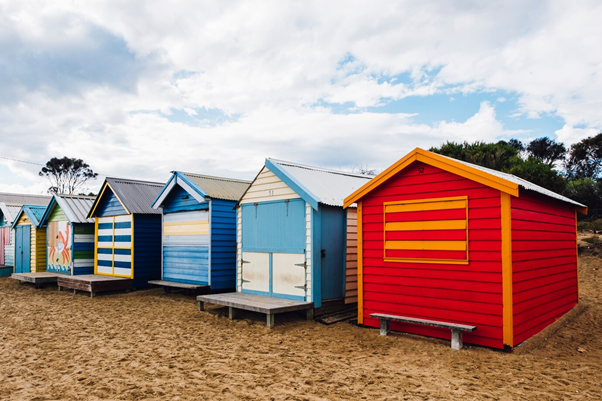Before discussing them, it is vital to understand how temporary housing options differ from regular rentals or hotel stays. Temporary housing is mainly planned for individuals facing imperative circumstances, which may be associated with professional or family problems. This can apply to students or workers needing help to discover appropriate lodging. It is also beneficial for women facing domestic violence or young individuals who need temporary housing solutions.
Here, we will discuss seven types of temporary housing.
Corporate Houses
Corporate housing is a temporary accommodation for renting an entirely furnished home, condominium, or room. Two to three months is the typical length of stay for corporate housing. You classically have similar facilities to those at home, including a TV, internet, a complete kitchen, and a washer and dryer. Other facilities may contain a pool, fitness centre, laundry amenities, and cleaning services.
Tourist-Oriented Home-Sharing
With the upsurge of home-sharing platforms, a vacation house rental has become progressively accessible to anyone watching to host tourists. With hundreds of hosts across Canada, these platforms provide lodging options for every budget.
Depending on the platform, you can rent an entire house or just a room within a home. Choosing a home as a whole rental offers contact to amenities like a kitchen and laundry room. Even if you’re only renting a room, some hosts may allow contact to their kitchen facilities for cooking. The range of accessible facilities varies commonly from one vacation house rental to another.
Mobile Homes for Short-Term Rentals
Short-term rentals are properties rented out briefly, usually month to month. They provide flexibility and are perfect for people who are in a temporary stage of their life. It has two types.
Mobile homes provide an exclusive temporary housing solution. They are movable and can be sited in several places, providing high flexibility.
Emergency Temporary Housing
Emergency housing is planned for any individual without accommodation in medical, physical, or social suffering. Anyone in this condition should have contact with lodging and take advantage of shelter, food, and hygiene amenities. After an early medical assessment, the individual is engaged in the proper solution for their state—for example, a shelter, a hostel, a nursing home, etc.
Hotel and Guesthouses
Hotels are the popular temporary housing solution. They provide a range of charges and facilities but are mainly appropriate for people or couples without kids. For this temporary housing, you need to have contact with a kitchen or washing services.
Like bed and breakfasts, guesthouses are very common, particularly in rural areas; the same applies to campsites. The cost is far less, and the living area is significantly greater than in a hotel, along with various cozy comforts.
Blueground
Blueground provides completely furnished housing for those who need short-term solutions but want to maintain their coziness. Select from studios, rooms, and homes of all sizes in the country’s largest metropolitan areas to practice the best accessibility and amenities.
Zeus offers top-notch, beautiful housing solutions for long-term stays in busy American cities. Competitive rates at hotels offer on-site laundry and kitchen basics, ensuring a comfortable stay without breaking the bank.
Sleeping Under the Stars
Setting up a shelter and camping in the great outdoors is another option for housing while your home is being built. A campsite stay allows you to spend less money and more time in the great outdoors. Campsites can be extraordinarily luxurious or very basic. While some offer basic amenities, others offer guest laundry and showers.

